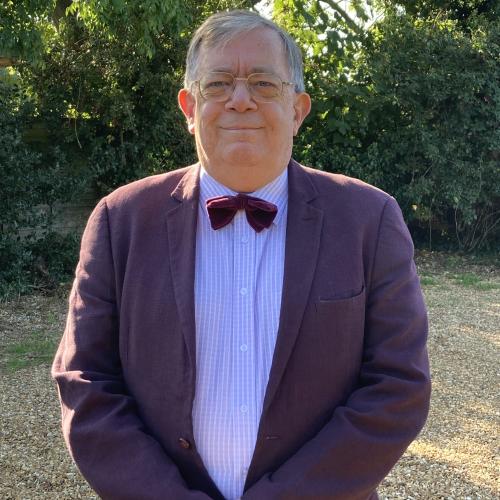Speaker profile

Mr Paul Fellows
BEM MA FIET FRAS
Available for booking

Cambridge, Cambridgeshire, England

Will travel anywhere in the UK

Science Educator

Astronomy Enthusiast

Amateur Astronomer
Summary
Paul leads the public observing events at the University of Cambridge and presents lectures on Cunard Queen Mary 2 and other ships on a frequent basis, his talks are always popular.
Full biography
Having borrowed a small telescope and seen the rings of Saturn for the first time aged 13 Paul went on to build his own 8in reflector and do the O-level in astronomy the following year.
His undergraduate studies were in Natural Science at the University of Cambridge specialising in Spectroscopy after which he joined the university Computer Laboratory for his postgraduate degree. He worked on the first generation of home computers and lead the design of the RiscOS operating system for the ARM processor, including inventing the apps and icon bar user interface that has since spread to phones and computers across the world. He was a pioneering of streaming video across the internet and twice a winner of the Queens award for Technology. In 2005 he was elected a Fellow of the Institute of Engineering and Technology and was recently given a lifetime achievement award by Emmanuel College Cambridge and was awarded the British Empire Medal for services to the public understanding of science and technology in the new years honours of 2025.
Through this time he maintained his interest in astronomy and has lead the public observing events at the University for over 20 years giving hundreds of live presentations, lectures and planetarium shows. He teaches the introduction to astronomy course and leads the monthly “Cambridge young astronomers” events for younger children. He is also an elected Fellow of the Royal Astronomical Society.
Since 2016 he has been a lecturer on board Cunard’s Queen Mary 2 and other ships and frequent presenter to clubs and societies as well as at the international astronomy show.
His talks are always well received and people say he presents complex topics in a very accessible manner.
Stargazing sessions
Mr Paul Fellows can host stargazing sessions including guided tours of the night skies and observing using telescopes or binoculars.
Affiliations
Lectures
Fire and Ice - The volcanic worlds of the Solar System.
The exploration of the solar system has led to the discovery and study of volcanic processes on other worlds and in some very surprising places. What can this tell us about the formation of the planets and about the prospects for the possibilities of life beyond Earth?
Children of another Sun
The exploration of the solar system has led to the discovery and study of volcanic processes on other worlds and in some very surprising places. What can this tell us about the formation of the planets and about the prospects for the possibilities of life beyond Earth?
The Search for Planet Vulcan
This talk looks at the science and scientists involved in the prediction, search and reported discovery of planet Vulcan. Why did so many people firmly believe that it must be out there? Why had it not been seen before? Eventually of course it needed a genius to come along and resolve things and revolutionize physics in the process
From the Pendulum to Dark Matter
Why do Astronomers believe in something that cannot be seen? Dark Matter is a hypothetical substance that is claimed to fill the universe and outweigh the ordinary stuff of stars, planets, you and me, many times over, yet cannot be seen or directly detected. This talk takes you from a day in church with Galileo through to explaining what is really behind all this
Signals from Space: The Search for Extra-Terrestrial Intelligence
We have had radio technology for about 100 years, listening to radio waves from space and trying to understand what they are telling us about the universe. Several strange and surprising results have been detected such as the “LGM” and “WOW” signals. Major searches for alien transmissions have been made. What have we found, and should we expect to have found more? Can we answer the Fermi Paradox “Where is everyone?”
Shooting Stars and Space Rocks
Comets and Meteors can be an impressive sight in the night sky, but the study of them has told us a huge amount about the origins of the Solar System and the Planets including Earth. Paul will show where these space rocks and dirty snowballs come from, and the story that they reveal including the implications for life on Earth and beyond.
Northern Lights and Space Weather
One of the most beautiful phenomena of nature is the Northern (and Southern) lights. Paul will explain what they are, where they come from and why they show the colours that they do. They are however a warning to us and our reliance on technology and the impact on that of space weather
Hawking’s Black Holes and the Edge of Physics
In this lecture Paul will cover how Newton’s laws of gravity and the finite nature of the speed of light first lead to the notion that ‘Dark Stars’ or ‘Black Holes’ as we now call them might in theory exist. We then move on to look at how Einstein revealed that gravity is the result of the curving of space and time and the implications that nothing could ever escape from a black hole. This theoretical picture of a one-way trapdoor was the one which troubled the young researcher, Steven Hawking. His response was his 1976 paper which was the first to bring together two main pillars of scientific theory, General Relativity and Quantum Mechanics – a feat which had defeated Einstein and many others for 60 years. The paper shocked the entire scientific world and began Stephen’s rise to world fame.
How big is the Universe?
Some of the oldest questions in Science are “How far away are the stars?”, “Does space go on forever?” and “Did the Universe have a beginning?” Paul attempts to show how astronomers have tackled these questions and how science reveals some very profound truths about the Universe
To Pluto and Beyond
This talk covers twists and turns of science that lead to the discovery of the planet Pluto, and then to its demotion to dwarf status. What did the New Horizons space mission reveal about this fascinating world. Then, we then look at the discovery of the tiny world nicknamed Ultima Thule - named after a mythical island of the far northern seas - also visited by the New Horizons space craft
Quark Stars and Strange Matter
The usual story told of the end stage of giant stars is that they either finish up as a neutron star or collapse completely to a black hole. However, in this talk Paul looks at the possibility for other extremely exotic forms of matter which may add to the picture – and how the latest observations seem to back up these ideas.




